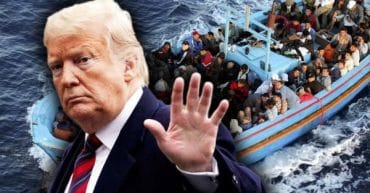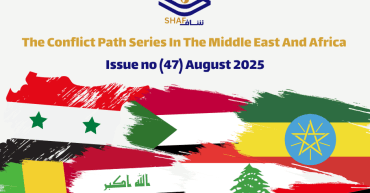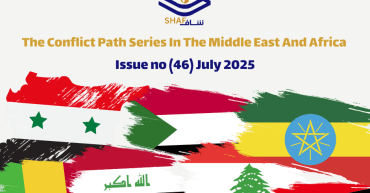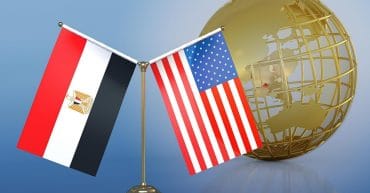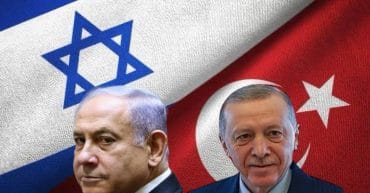Articles
Prepared by: Asmaa Hassan Assistant Researcher at the African Affairs Unit Uranium is one of the world’s most important strategic minerals due to its pivotal role in nuclear energy production and the nuclear weapons industry. This mineral is characterized by its high ability to produce thermal energy through the nuclear fission process, making it fundamental […]
Prepared by: Asmaa Hassan Assistant Researcher at the African Affairs Unit Cobalt is one of Africa’s most important strategic resources, lying at the heart of the new global energy equation linked to the energy transition and green economy. The continent, particularly Central Africa, represents the largest reserves of this vital metal which is used in […]
Prepared by: Riham Mohamed Researcher in the Middle East Affairs Unit Egyptian–Japanese relations represent a distinctive model within the broader spectrum of Arab–Asian interactions, combining a long history of developmental and cultural cooperation with renewed prospects shaped by current global transformations. For decades, these ties have rested primarily on economic and developmental dimensions; however, recent […]
Prepared by: Shimaa Maher Researcher at the African Affairs Unit Since U.S. President Donald Trump assumed his second term in January 2025, the new US administration has adopted a tougher approach towards illegal immigrants, and has strongly pushed for the deportation of large numbers to their countries of origin, including African countries. These policies have […]
Translated By. Abdulrahman Anwar Researcher in the international affairs unit Overview of the report Before shedding light on the developments of the conflict in the areas under discussion, the conflict situation in the ten countries of concern will be presented in a general way before moving on to the detailed report: Ethiopia: Ethiopia is witnessing […]
Prepared by Dina Lamloum Coordinator of the African Affairs Unit Historical Sequence of Relations between Africa and Spain The southern coasts of Spain and North Africa were areas of commercial and cultural exchanges since ancient and medieval times, especially between Islamic Spain, Morocco, and North Africa. After the fall of Andalusia in 1492, relations evolved […]
Translated by: Abdulrahman Anwar Editorial Conflicts in the Middle East and Africa are a reflection of the complexity of long-term conflicts, reflecting the way they interact, their duration, the behavior and demands of the actors, the conditions of the parties to settle them, the dynamism that characterizes them, the intensity of its competitiveness, and the […]
Prepared by: Riham Mohamed Researcher at the Middle East Affairs Unit Egyptian–British relations represent a form of international interaction that blends a deep historical legacy with evolving strategic imperatives, the current equation is shaped by the relative power of both parties and their standing within the structures of the regional and international systems, where their […]
Prepared by: Israa Adel Assistant Researcher in the International Affairs Unit US-Egyptian relations are a constant pillar of regional stability and international politics, serving as a model for a long-term strategic partnership based on intertwined interests and accumulated understandings. Despite the change in administrations in Washington and the change in American foreign policy priorities, the […]
Prepared by: Amani El-Sorogy Researcher in the Turkish States Studies Program The Middle East is currently witnessing a phase of regional repositioning, where the strategies of regional powers intersect in a way that reshapes Spheres of influence and alliances. The Turkish–Israeli rivalry is considered one of the most complex patterns of this process, due to […]




